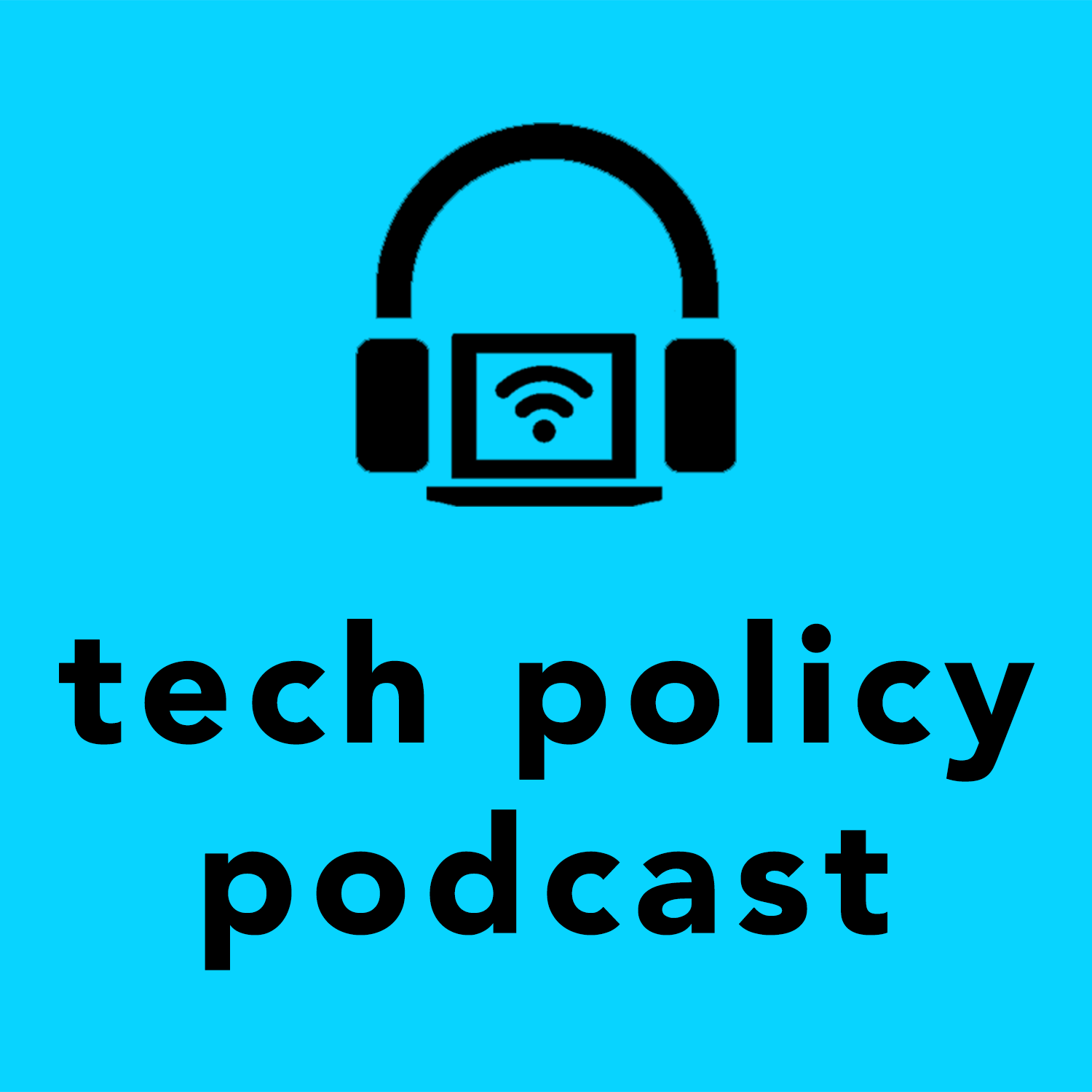Episodes
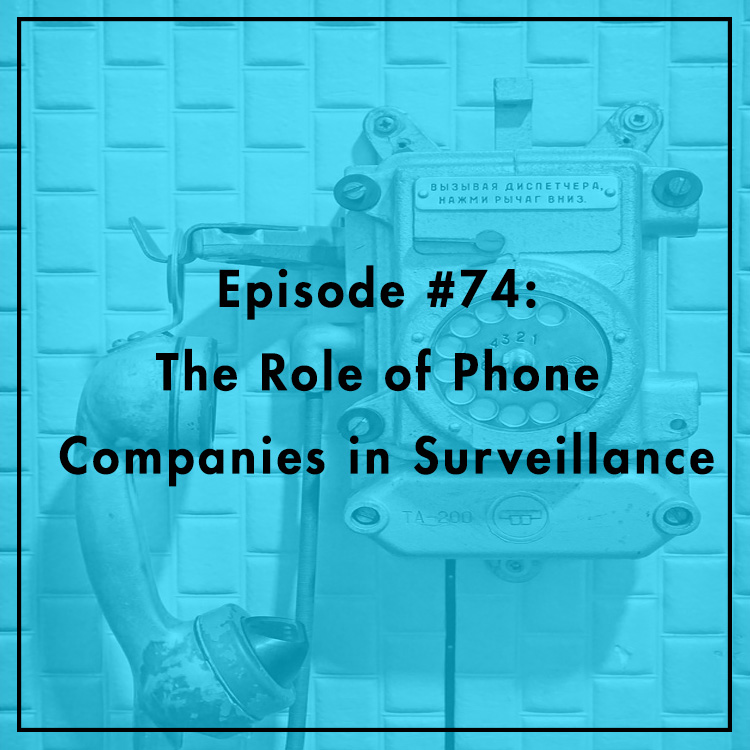
Wednesday May 04, 2016
#74: The Role of Phone Companies in Surveillance
Wednesday May 04, 2016
Wednesday May 04, 2016
What role should telephone and other technology companies play in national security and surveillance? Who should be in charge of collecting and storing data about our phone calls? The NSA? Or the companies themselves? In a recent paper, Mieke Eoyang, VP of the National Security Program at Third Way, argues that the telecommunications industry should play a greater role in the shaping and enacting of surveillance policy. She and Evan discuss what that role should be and policy recommendations that would protect privacy and economic interests while still allowing the government to access the information it needs. Can foreign customers of US tech companies trust that their data are protected from mass, indiscriminate surveillance?

Tuesday May 03, 2016
#73: On Amazon's Design, Gov't Knows Best
Tuesday May 03, 2016
Tuesday May 03, 2016
You may have seen this story in the news: a child runs up thousands of dollars worth of purchases on her parent’s Apple, Google, or Amazon app store account. In pretty much every case, the companies have been happy to refund the purchases when asked, as parents were clearly unaware of what their children were buying. Nonetheless, the FTC has taken enforcement action against all three companies. While Google and Apple settled, Amazon fought back. Late last month, a federal district court granted the FTC’s motion for summary judgment against Amazon over charges for unauthorized in-app purchases. Evan and Berin discuss the case and its implications. Should the government be involved in product design and user experience? For more, see Geoff Manne’s post in Truth on the Market.
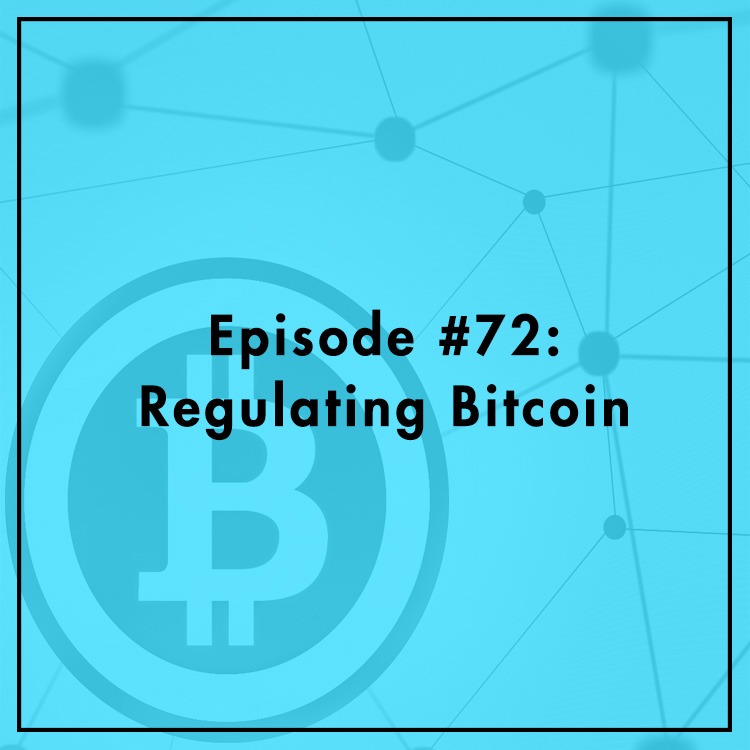
Monday May 02, 2016
#72: Regulating Bitcoin
Monday May 02, 2016
Monday May 02, 2016
How does one regulate Bitcoin and other virtual currencies? This is question is puzzling many lawmakers and bureaucrats struggling to navigate a new, decentralized industry that’s still in its nascent stage. Isn’t the point of Bitcoin not to be regulated? And who would even have jurisdiction anyway? Evan is joined by Peter Van Valkenburgh, Director of Research at Coin Center, a think tank focused on cryptocurrency issues. They discuss the past, present, and future of Bitcoin regulation.

Friday Apr 29, 2016
#71: How Stuff Works: Bitcoin 101
Friday Apr 29, 2016
Friday Apr 29, 2016
Over the last few years, bitcoin and other virtual currencies have become increasingly viable alternatives to traditional money. Yet for most people, bitcoin is still a pretty obscure subject. What exactly is bitcoin? How does the blockchain work? Who’s in charge? Where does it derive its value? What does it mean to mine bitcoin? Evan is joined by Michael Bombace, TechFreedom adjunct fellow, who sheds some light on the world of cryptocurrency in today’s episode.

Thursday Apr 28, 2016
#70: Auctioning the Airwaves
Thursday Apr 28, 2016
Thursday Apr 28, 2016
As the demand for mobile data explodes, so does the need for spectrum holders to free up the airwaves for wireless carriers. While free, over-the-air television is still available using an antenna, Americans are much more likely to get their video through cable or Internet streaming. Last month, the FCC began its incentive auction of broadcast spectrum, whereby television stations sell spectrum to the government to then be sold to wireless carriers. Many broadcasters have voiced concerns that the auction may place excessive burdens on television stations that decide remain on the air. Ryan Radia, Associate Director of Technology Studies at the Competitive Enterprise Institute, joins the show.
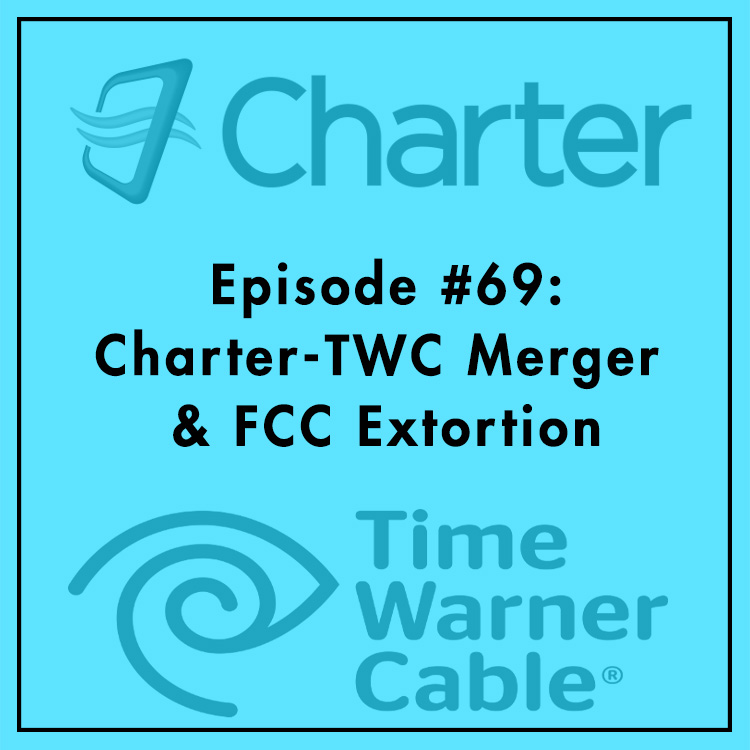
Wednesday Apr 27, 2016
#69: TWC-Charter Merger and FCC Extortion
Wednesday Apr 27, 2016
Wednesday Apr 27, 2016
This week, the Department of Justice approved the merger of Charter and Time Warner Cable, the sixth and third biggest broadband providers in America. If the agency thinks the merger will benefit consumers without harming competition, why is the FCC attaching conditions to the deal? Is this consumer protection? Or regulation by extortion? Evan and Berin discuss. For more, see our statement.
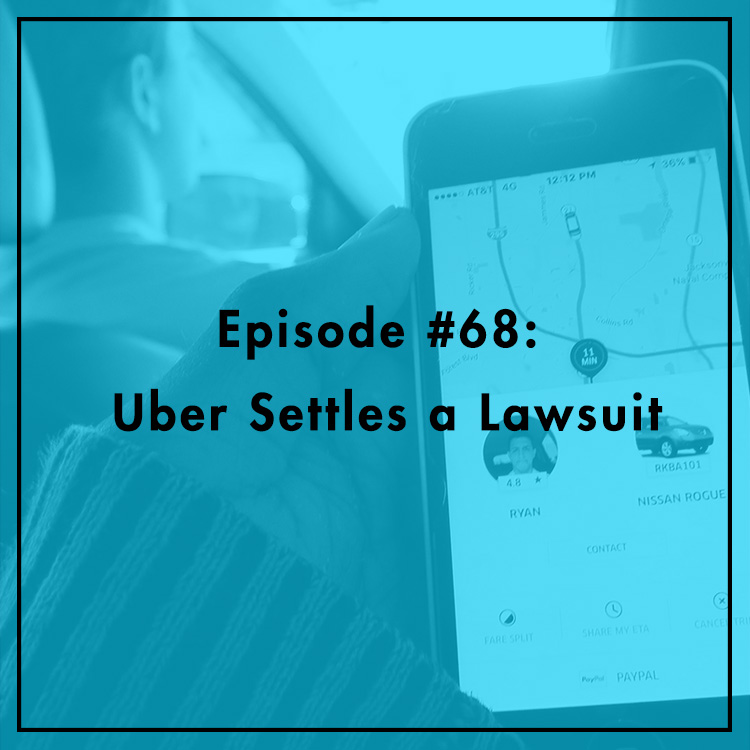
Tuesday Apr 26, 2016
#68: Uber Settles a Lawsuit
Tuesday Apr 26, 2016
Tuesday Apr 26, 2016
Last week, Uber settled a class-action lawsuit alleging that the company misclassified its drivers as independent contractors rather than employees. While the settlement carries no legal precedent, it does mean that Uber can continue with its current business model while paying out up to $100 million to the plaintiffs — with $25 million alone going to attorney Shannon Liss-Riordan, who has sued several gig-economy companies. The rest will be split among roughly 385,000 drivers in California and Massachusetts who can expect an average of $80 each in winnings. Uber also agreed to increase transparency around its driver ratings and deactivation policies, among other concessions. Jared Meyer, a research fellow at the Manhattan Institute, joins to discuss the settlement and what it means for the gig economy going forward.

Monday Apr 25, 2016
#67: Killing the Cable Box
Monday Apr 25, 2016
Monday Apr 25, 2016
The FCC wants to “unlock” the cable box. But shouldn’t the agency be helping to kill the box? The FCC recently proposed rules that would force cable, satellite, and telco video providers to make their programming accessible through third-party apps. Sure, it sounds great in theory, but the proposal poses serious concerns around privacy, piracy, and the way that independent and minority-owned programmers present their content. Moreover, the video industry is already moving away from clunky, costly boxes and offering programming through their own apps on devices like Roku, Apple TV, and Chromecast. Just last week, Comcast announced that its entire X1 interface would be available through an app. In the Golden Age of Television, what exactly is the FCC trying to solve? Is having too many apps and remotes really a national emergency? For more, see our press release and comments, which explains why the FCC’s proposal is doomed to fail in court.
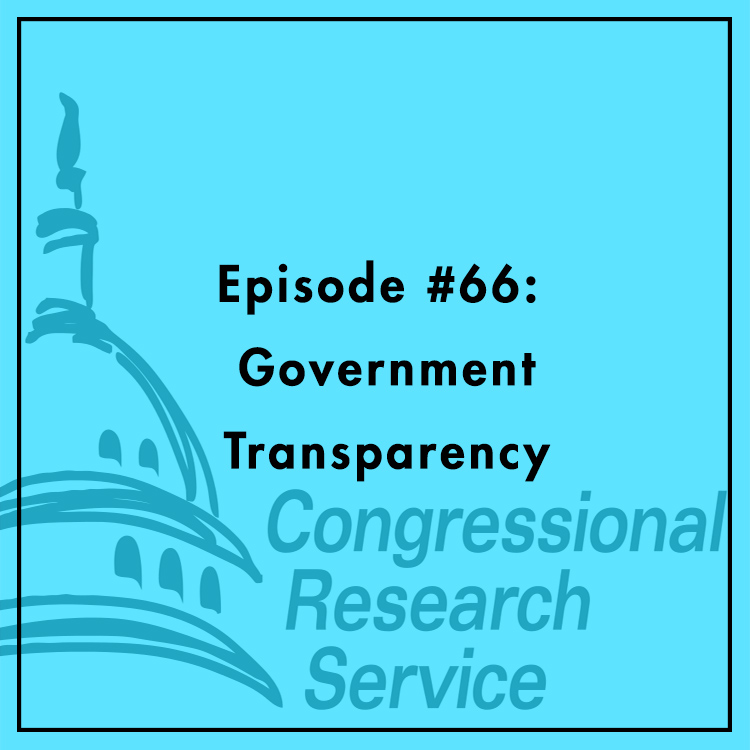
Thursday Apr 21, 2016
#66: Government Transparency
Thursday Apr 21, 2016
Thursday Apr 21, 2016
These days, it costs almost nothing to publish information online. So why isn’t more government information available to the public? Taxpayers spend $100 million a year on the Congressional Research Service (CRS), but only Congress gets to decide whether the research gets published. Is that fair? Should the CRS just put it all online? Evan is joined by Kevin Kosar, Senior Fellow at the R Street Institute and a supporter of legislation that would make all CRS reports public. Is there any potential harm to releasing this information? Could more transparency improve citizens’ view of government? For more, see Kevin’s post on Medium.

Wednesday Apr 20, 2016
#65: Student Debt and Technology
Wednesday Apr 20, 2016
Wednesday Apr 20, 2016
Our national student debt is sittin’ pretty at $1.3 trillion, and the number is rising by $3,000 every second. Can technology help solve the problem of ballooning student debt? Evan is joined by Liz Wessel, CEO of WayUP, a company whose mission is to get every college student the job — or jobs — they need to pay off student debt and have a fruitful career. What makes WayUP different? How is technology impacting the policy debate over student debt? What does this have to do with labor laws on the sharing economy? All that and more on today’s show.

